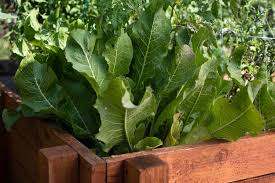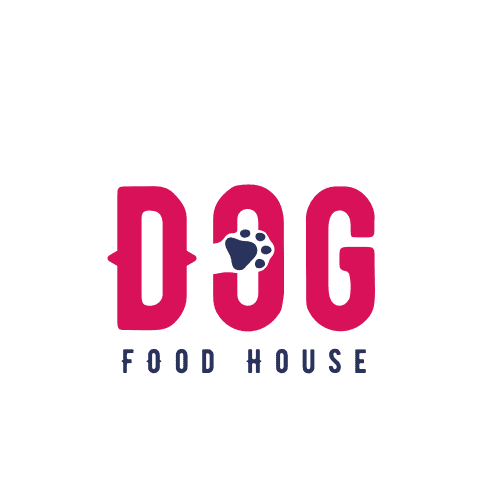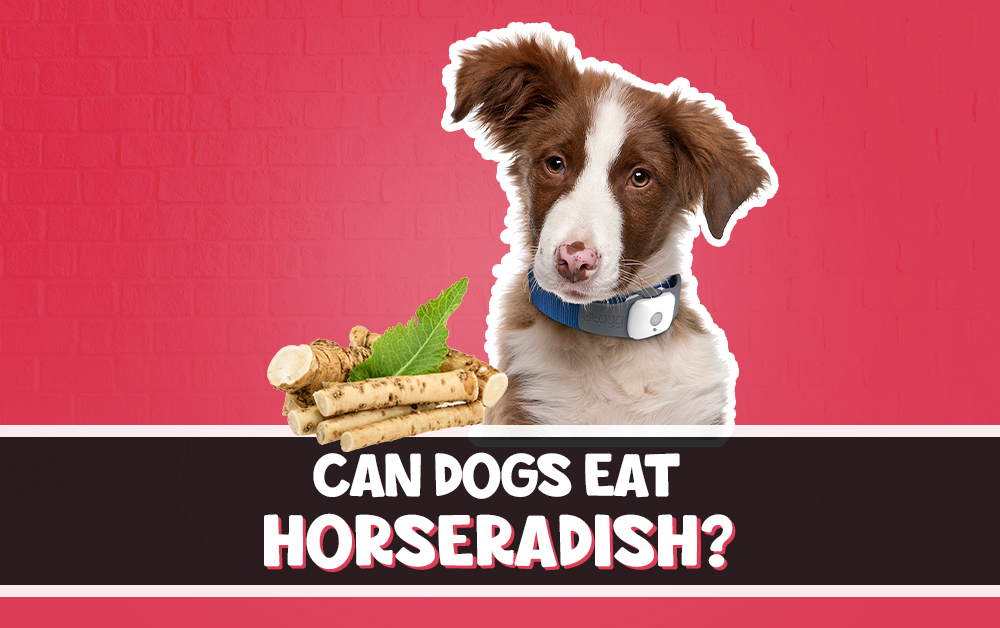Can dogs eat horseradish? No. Dogs can’t eat horseradish.
Horseradish is a root vegetable from the Brassicaceae family, which also includes mustard, wasabi, and cabbage. It is known for its pungent smell and strong, spicy flavour.
Radishes are often grated and used as a condiment or ingredient in various dishes, such as sauces and dips.
Why Is Horseradish Bad for Dogs?
While horseradish is not considered bad for dogs, its consumption can still lead to several health issues due to the compounds it contains. Here are some potential health problems that may arise if your dog consumes horseradish:
- Gastrointestinal Upset: Horseradish’s aromatic compounds can irritate your dog’s digestive system, leading to gastrointestinal symptoms such as diarrhea, vomiting, and abdominal pain. If severe and prolonged, these symptoms can cause dehydration and electrolyte imbalances.
- Mouth and Throat Irritation: Horseradish contains isothiocyanates, giving it a strong, spicy flavour. These compounds can cause irritation and discomfort in your dog’s mouth, throat, and eyes, potentially leading to drooling, difficulty swallowing, and even breathing problems in severe cases.
- Allergic Reactions: Some dogs may be allergic to horseradish or its compounds. An allergic reaction can manifest as itching, hives, facial swelling, and difficulty breathing. In severe cases, an allergic reaction can lead to anaphylaxis, a life-threatening condition that requires immediate veterinary attention.
- Aggravation of Pre-existing Conditions: If your dog has a pre-existing gastrointestinal condition, such as inflammatory bowel disease (IBD) or gastritis, consuming horseradish could aggravate their symptoms and potentially cause further harm.

Can Dogs Eat Radishes? Risks and Considerations
There are several risks and considerations regarding dogs eating radishes. While radishes may have some culinary uses and health benefits for humans, they are unsuitable for canine consumption.
Here are some key points to consider;
Toxicity of certain compounds in radishes
Radishes contain compounds such as isothiocyanates, which can be toxic to dogs. These compounds can cause gastrointestinal irritation, vomiting, diarrhea, and abdominal pain. In more severe cases, horseradish ingestion can even result in more serious health issues.
Potential digestive issues and discomfort
Dogs have different digestive systems than humans, and foods that are safe for us may not necessarily be safe for them. Horseradish has a pungent and spicy flavor, which can be irritating to a dog’s stomach and gastrointestinal tract. Consuming horseradish can lead to digestive upset, including nausea, indigestion, and discomfort.
Allergic reactions and sensitivities
Like humans, dogs can develop allergies or sensitivities to certain foods. Horseradish, a potent and strong-flavored root, can potentially trigger allergic reactions in dogs. Symptoms may include itching, skin irritations, swelling, difficulty breathing, or anaphylactic shock. It is crucial to avoid exposing your dog to horseradish to prevent such allergic reactions.
Impact on Dogs with underlying health conditions
Dogs with certain health conditions, such as gastrointestinal disorders or pancreatitis, are already prone to digestive issues. Introducing horseradish into their diet can exacerbate these conditions and lead to further complications.
Frequently Asked Questions
Is horseradish safe for dogs to eat?
No, horseradish is not safe for dogs to consume. It contains compounds that can be toxic to dogs and may cause gastrointestinal irritation, discomfort, and potentially more severe health issues.
What happens if my dog eats horseradish?
Eating horseradish can cause gastrointestinal upset in dogs, including symptoms like diarrhea, vomiting, and possibly allergic reactions such as hives, swelling, and sneezing. While not toxic, it can cause discomfort and should be avoided.
Can dogs eat mustard and horseradish?
Dogs should not eat mustard and horseradish. These substances can upset the stomach and irritate a dog’s digestive system.
Is it OK for dogs to eat radishes?
Radishes are generally safe for dogs in small amounts. However, they should be introduced cautiously, as they can cause stomach upset in some dogs.
What should I do if my dog accidentally consumes horseradish?
If you suspect your dog has ingested horseradish, monitor them closely for any signs of discomfort or adverse reactions. Contact your veterinarian immediately; they can provide specific advice based on your dog’s circumstances and recommend any necessary treatment.
Can dogs eat foods that contain horseradish as an ingredient?
It is best to avoid feeding dogs foods that contain horseradish. Horseradish can be found in various food items, such as sauces, dressings, and condiments. Always check ingredient labels and choose dog-specific foods and treats that are safe and formulated for their nutritional needs.

